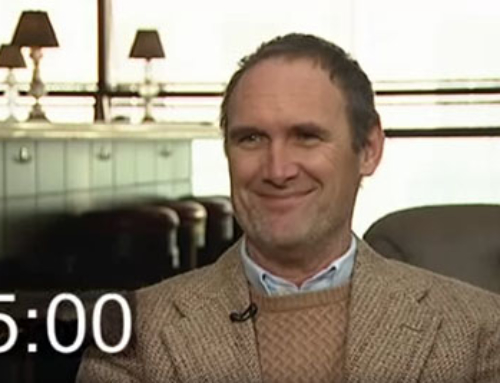
A few months back I made a bold prediction in my blog post ‘Are we seeing a return to hieroglyphics?’ The prediction? “I feel it’s only a matter of time before we see the first emoticon make its way into the oxford dictionary.” Although it sounded far fetched at the time, in hindsight it seems like I was onto something.
If you need any assistance when reading this post please note Browsealoud is installed on this site. Click the headphone logo in the top left corner of the screen to launch the assistive toolbar.
Last week it was announced that the Oxford Dictionary’ word of the year is an emoji (emoticon)! The ‘crying with laughter’ emoticon to be precise.
Other words that narrowly missed out on being word of the year were:
Brexit
A mix of ‘British’ and ‘exit’ refering to the possibility of Great Britain leaving the EU.
Lumbersexual
A blend of the words lumberjack and metrosexual, describing a man who has adopted style traits typical of a traditional lumberjack. A very popular hipster look!
On fleek
A variation of on point, basically another way to say someone has done something that looks good or is perfectly executed.
Sharing economy
Essentially people generating income by sharing their assets or possessions; think Airbnb or Uber.

These worthy contenders were snubbed because of the “sharp increase in popularity of emoji (emoticons)” around the world last year. “Emoji are becoming an increasingly rich form of communication, one that transcends linguistic borders,” said Oxford Dictionaries president Casper Grathwohl.
If you think about it, this is a really interesting point. As the world gets more and more global, it will become increasingly useful to have a standard global method of communication and the emoticon may be the beginnings of this. A universal global language is not a new idea. Since 1887 Esperanto, the language created by physician and linguist L. L. Zamenhof has been trying to pave the way for a singular global communication standard. As you can hear from Juiliano Hernández’s ditto sung in the language, it sounds a bit like a mixture of Spanish and French.
Even though there are millions of speakers of Esperanto, it has failed to take off in any meaningful way. It’s largely stayed a niche idiom for idealistic linguists.
Why I feel ‘Emoticonish’ will succeed where Esperanto failed, is because ‘Emoticonish’ will be a written only language. Much in the same way that, no matter which language we speak, we recognise the same symbols used for numbers. There is no need to learn the pronunciations to understand them, we just do. As written communication continues as our go to method of contact a text/emoticon only global language may be a real boon. Also with the onslaught of text we get from messaging apps, social media and email, replying with a universally accepted symbol, rather than writing a reply, would make life much more productive. It would also make life much easier for a dyslexic like myself; typing can be a right pain!
So my next far-fetched prediction, that WILL come true, is before long the first ‘Oxford Dictionary: The Emoticon Addition’ will be published. Don’t believe me?…watch this space.
If you like this post subscribe to this blog, join our newsletter or follow us on Facebook or Twitter to keep up to date with new content. You might also like our podcasts.
The Codpast is a multimedia production from www.extraordinaire.tv







